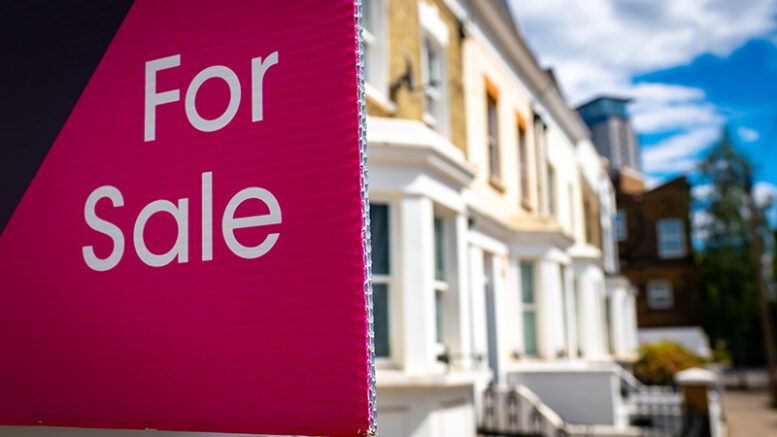UK house prices rose by 0.4% in July, lifting the average property price to £298,237-an increase of £1,080 in just one month, according to Halifax. The figures suggest a tentative return to capital growth in parts of the UK, offering landlords a flicker of opportunity as regional disparities widen and affordability remains a pressing concern.
Landlords eye north as price growth splits the UK
While house prices remain down 0.1% over the past three months, July’s rise marks the strongest monthly increase since January. More significantly for landlords, the best-performing areas remain concentrated in more affordable parts of England-namely the North West and Yorkshire and the Humber, both up 4% annually.
“Differences across the UK are striking,” said Sarah Coles, head of personal finance at Hargreaves Lansdown. “Affordable regions like the North West are growing much faster than pricier parts of the country, like London and the South East. Meanwhile, pandemic hotspots such as the South West have slowed dramatically.”
Northern Ireland continues to outpace the rest of the UK with prices up 9.3% in a year, while Scotland also shows resilience. Southern England, in contrast, is largely stagnant-with the South West up just 0.2%.
Nathan Emerson, CEO of Propertymark, noted that this return to modest growth may come as a surprise to some. “This is a glimmer of good news for consumers considering it has been reported that there are economic headwinds ahead of us soon,” he said. “It proves that house prices are adapting to recent Stamp Duty changes, despite other reports suggesting that housing activity has slowed due to these tax increases.”
Mortgage rates ease slightly, but affordability still tight
The Halifax data reflects a slight rebound in buyer demand, driven in part by falling mortgage rates and more flexible lending criteria. The recent Bank of England rate cut has also buoyed market sentiment, though buy-to-let investors remain cautious.
“Banks are beginning to reprice five-year fixes below 5%, and we’re seeing affordability tests ease up slightly,” said James Hartley, a specialist mortgage adviser for landlords. “But for investors, the real question is: does the rental income justify the acquisition cost-and in many parts of the South, it simply doesn’t.”
Tom Brown, Managing Director of Real Estate at Ingenious, sees longer-term opportunity despite current pressures. “Today’s data underscores the resilience and appeal of the UK property sector,” he said. “There’s clearly a significant shortage of housing inventory across various price brackets and locations. Any decline in homeowner sales is likely being counterbalanced by increased demand from renters and institutional investors. This is a trend that is not going away.”
Brown cautioned against treating the housing market as a monolith. “It’s crucial to recognise that the situation isn’t consistent nationwide or across pricing brackets. In the real estate sector, we’re seeing significant investment capital being directed into long-term rental assets-primarily by institutional landlords, who are less exposed to volatility than small-scale buy-to-let investors.”
Supply pressures mount as landlords reassess portfolios
Despite small gains, affordability remains stretched. The average deposit needed to buy a home now exceeds £60,000-an increasingly unachievable figure for many would-be owner-occupiers. Emerson of Propertymark stressed the need for urgent government intervention.
“More support is needed to make homeownership a realistic aspiration,” he said. “The UK Government and devolved administrations must prioritise housebuilding to fill the gap between supply and demand. That will help bring down house prices in the long term. But in the short term, the Bank of England must reduce interest rates further to improve affordability.”
For now, landlords watching regional markets may see pockets of opportunity-particularly where rents remain strong, and capital growth is beginning to reappear. But with political uncertainty brewing ahead of the next Budget, many investors are treading carefully.
Halifax has published its house price index for July: House prices rise in July.








